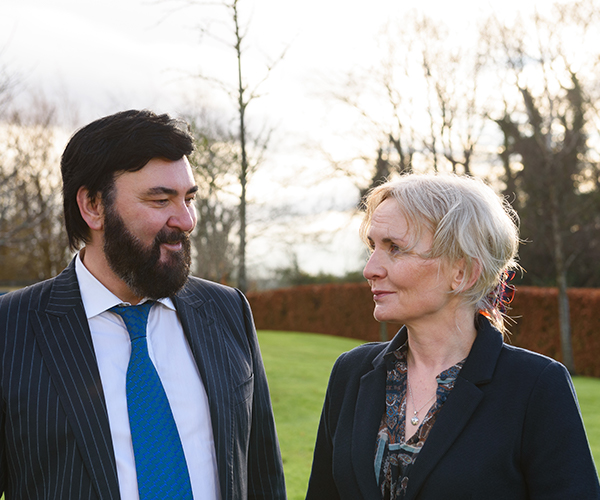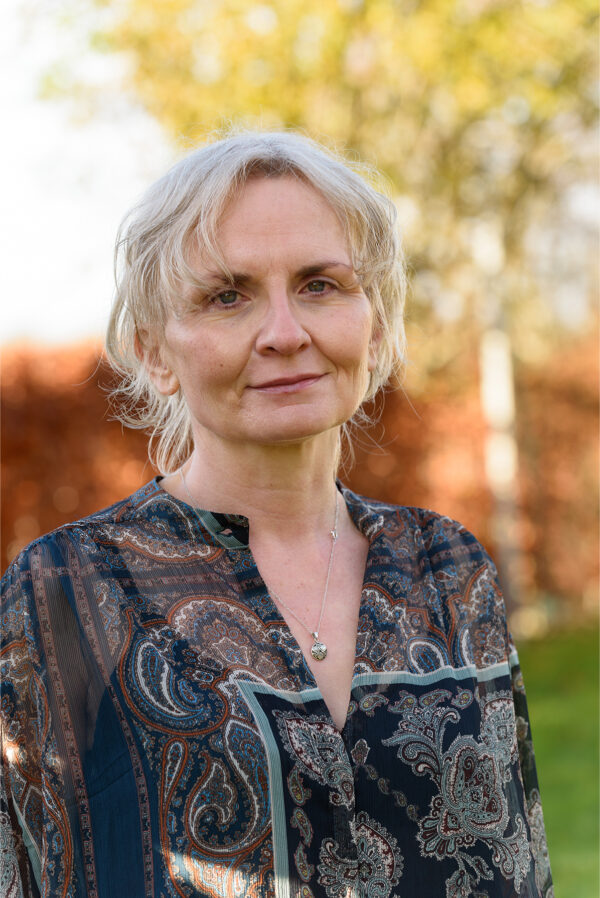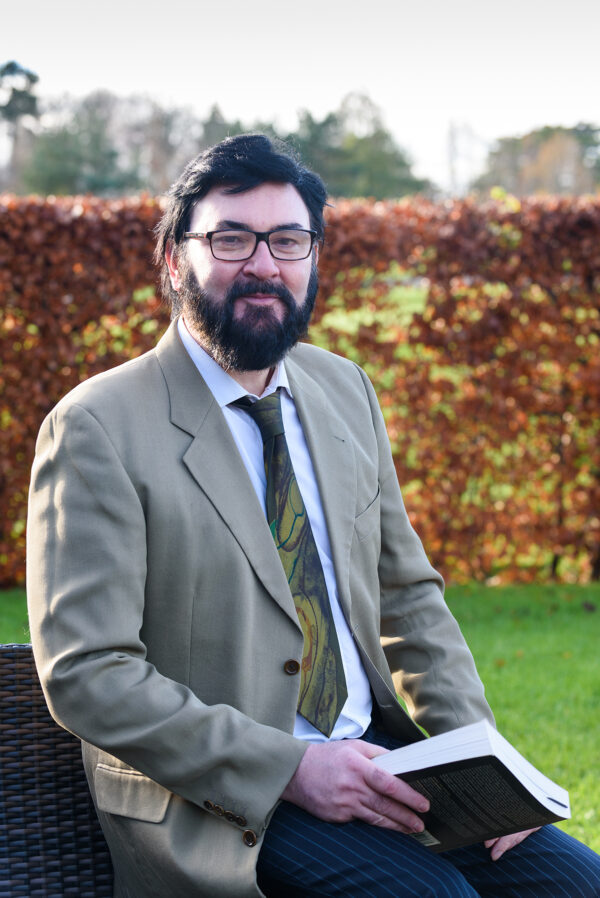


Gertude Gill, PhD
Gertrude is a 5DL Organisational Coach with CLC Consulting London and Psychosynthesis Psychotherapist accredited with UKCP. She has a Diploma in Addiction Counselling with the Hazledon Institute, Minnesota and an M.A. in Psychotherapy with the Institute of Pscyhosynthesis London where she also trained as a 5Dl Leadership Coach.
She completed two years training in Psychodrama and is training in somatic awareness and trauma. She has worked in the field of education, clinical treatment and community services over a period of thirty years. Her roles and responsibilities have included Clinical management and Programme Co-ordination, One to One and Group Therapy, Family Meetings, Pastoral Ministry, Teaching (Adolescent and Adult), Lecturing/Workshop facilitation.
She has a Phd in the Humanities which explored the shifting parameters of the psychological, spiritual and religious dimensions of experience in terms of the evolution of human consciousness.

Denis Pádraig Gill
Denis works as a Financial Trader, mostly trading Forex and Commodities. He studied Electronic Engineering at Dublin Institute of Technology, and Early and Modern Irish at Trinity College Dublin. He later studied Lacanian Psychoanalysis at Dublin Business School. During his time at the Dublin Business School, he became interested in the study of Financial Markets and this study has become his passion ever since.
He trains a small number of private students in market price action, divergence analysis, pattern recognition and risk management. In the current extremely volatile climate, divergence strategies are proving their worth. However, technical analysis is only valuable within the framework of a deep understanding of the economic fundamentals – such as central bank policy, debt cycle analysis, demographic and ideological change.
These are skills that it’s possible to teach anybody. Indeed, machines can learn and deploy these skills and strategies just as well, or even better, than human beings can. If this knowledge was all that was necessary to make money in financial markets, then no bank or hedge fund would ever lose money. And yet they do.
So, why can’t we tell the future using charts and indicators and fundamental analysis? Simply, because markets are complex systems, not complicated systems. A complicated system is one like the links between two or more computers. There may be millions of these links in highly complicated structures, but it is still a bounded system – one that can be fully mapped, i.e. one can know every single link and how it operates and how it will continue to operate into the future. In contrast, complex systems such as human relations are unbounded, i.e. they are infinite in nature and can never be completely mapped or known – particularly not their future behaviour. And markets are human relations. They are not based on cold logic or hard facts, but on human desire.
This is the insight that Denis develops with his students, and will be developing in his blog on this website. The student of financial markets must be, first and foremost, a student of human relations.
